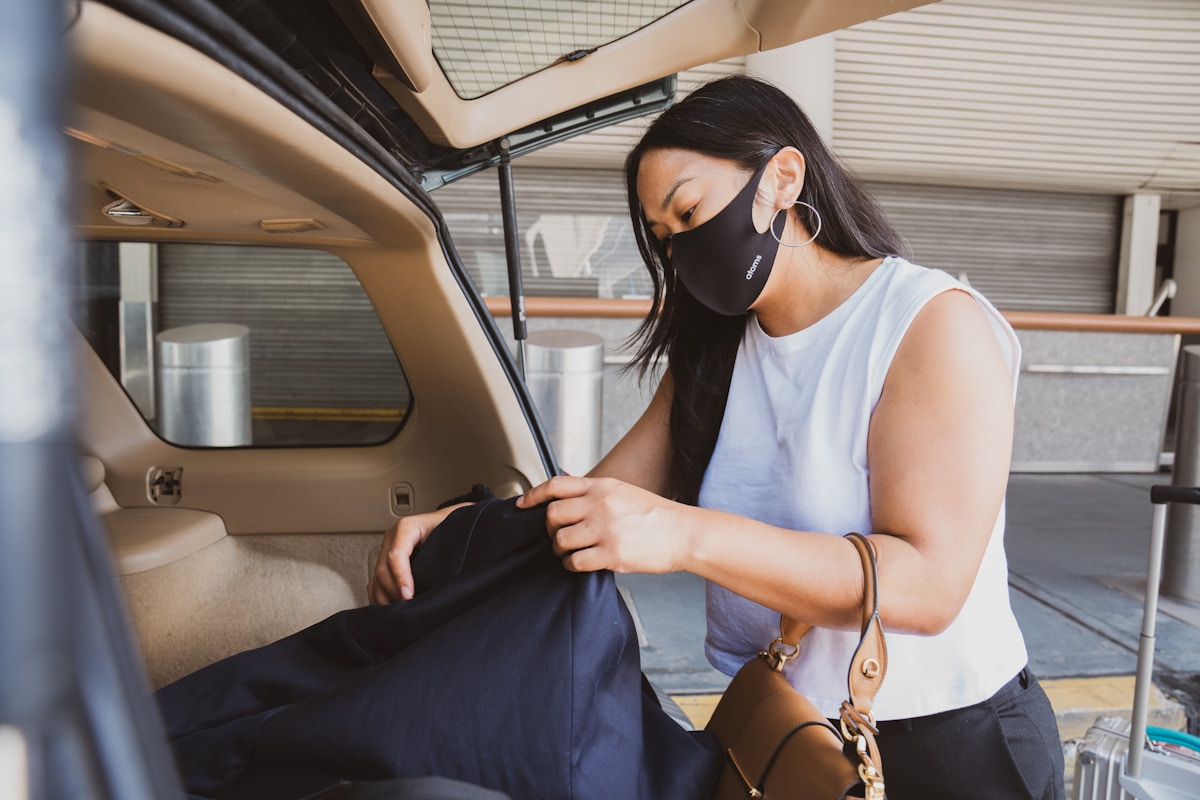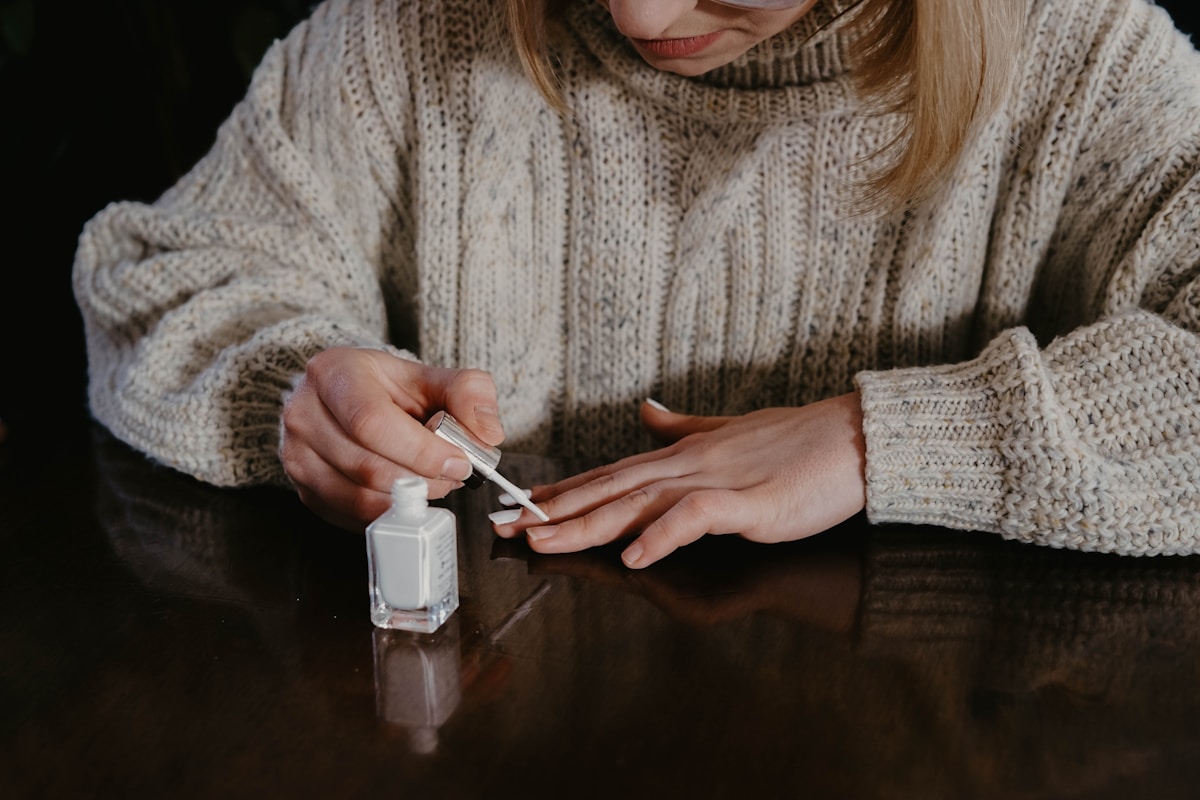
Feeling the Effects of COVID Through PTSD
For most people, the COVID-19 pandemic has created stressors and fears which are affecting their mental health. But for those who have already been trauma-exposed (through accidents, natural disasters, physical assault, personal assault, sexual assault, domestic violence, child abuse, combat, witness to sudden unexpected death, etc.), the COVID pandemic may act as a switch to relive traumatic episodes.
For example, when the Coronavirus Disease was first declared a national health emergency, the absence of protective gear for frontline workers like doctors and nurses, police officers, veterans, immunocompromised individuals, and "essential workers" was enough to shake those already trauma-exposed.
The stay-at-home orders have enhanced or contributed to sickness, social isolation, worries of job loss, and rising levels of stress. Staying at home more often means many parents and caretakers have the new reality of dealing with increased childcare demands and chores around the house. Without the right tools, this difficult time can become a mental health burden that ultimately takes a toll on relationships and quality of life, potentially leading to long term effects. Those with PTSD may find their symptoms coming back.
Can the COVID-19 Pandemic Cause PTSD?
In short, yes. Many psychotherapists agree that there are not only short-term but potentially, long-term psychological effects of quarantine and coronavirus.
Also, people who have dealt with traumatic events that led to post traumatic stress disorder could find their PTSD symptoms resurfacing with a situation like COVID. Coping with other forms of trauma pre-COVID may have involved dining out at restaurants with friends or family, enjoying sports, gatherings, parties, celebrations, movies, and more. Today, these outlets have been canceled entirely or extremely limited because of safety measures like social distancing that have changed our behavior. With Dr. Anthony Fauci stating that masks and social distancing could be here until 2022, it is vital to recognize the symptoms of PTSD and to know how to cope for the long haul.

Symptoms of PTSD
Findings suggest ways the COVID pandemic could induce PTSD symptoms for those who have had a traumatic experience. These symptoms could include:
- Flashbacks of traumatic events
- Hyperarousal (more alert and on the lookout, difficulty sleeping, etc.)
- Not participating in safe activities
- Exhibiting negative thought patterns
- Emotional distress
The Daily News and Trauma Triggers
One year ago, the Center for Disease and Control (CDC) and World Health Organizations (WHO) were not viewed as news sources to guide daily life. However, in light of the pandemic, their health and safety recommendations have become distributed through a constant barrage of text alerts, news reports, headlines, and even Facebook with the latest Coronavirus or COVID-19 update. Although health and safety are typical concerns, individuals who have PTSD may find these concerns to be sharper and more pronounced.
The constant alerts can contribute to these concerns. As the updates sweep over television and phone screens, the terminology in the media can be trauma-triggering. Mechanical ventilators, mask-wearing, or even seeing others wear them can remind what caused difficulty breathing or other trauma.

Taking a break from the news can lower levels of stress.
PTSD Symptoms Can Be Easily Affected By the COVID Pandemic.
Fear of contracting the virus
The fear of contracting the virus is causing some people to avoid places that they previously considered to be safe. As a result, overcaution may lead to not going out in public places at all.
Loss of interest
Health anxiety can lead to emotional distress. Once enjoyable activities such as spending time outdoors, watching movies, or using video chat or telephone calls may lessen.
Feelings of guilt
Infected patients are dealing with the fear of unexpected death, and families of COVID patients who might have contracted the virus themselves can struggle with self-blame.
Social Isolation
Due to worry and anxiety, it can be easy to get wound-up, even about non-related issues. The lack of social interaction and separation from family and friends can cause depression. Coupled with emotional distress, this can make it possible to develop or revert to negative coping skills like drinking heavily or other substance use.
Emotional Distress
The rumination of negative thoughts and psychological distress can lead to a decline in physical health and even suicidal ideation as compromised livelihoods and relationships undergo unsurmountable stress.
Even COVID-19 survivors receiving medical care may need a new way of dealing with anxiety and overwhelming fear. Addressing these mental health conditions and other issues can prevent burnout and reduce the high levels of stress.
Positive Coping Skills for PTSD During COVID

Simple but meaningful activities, like shopping for basic needs, can help you to cope and take care of yourself.
1. Stay Healthy
While the psychological effects of COVID become more apparent, a missing part of the conversation of what keeps people healthy during a stressful time and social distancing revolves around physical fitness. Although you should not do certain activities for health and safety purposes, several safe activities are not harmful and can be practiced while stay-at-home orders are in place. These activities can be essential to basic care like shopping and working out. You should focus on:
- Maintaining an exercise routine
- Altering your daily schedule to include more movement such as:
a. Walking
b. Bike riding
c. Yoga or other mind-body practices - Stay connected to friends and family
All of this is a must to maintaining a healthy body and mind.
Often, those who have PTSD can get overwhelmed by the limitations of what they cannot do, but walking and other safe forms of exercise do not necessarily mean that people will expose themselves to coronavirus.
2. Meaningful Activities

Grooming, making delicious food, or spending time reading and writing can shift the mind and focus from negative thoughts.
Whether a small act or large, self-care is an act of taking care of your mental, physical, spiritual, and emotional body. Mindfulness, meditation, and prayer are equally as important as taking care of the body. Self-care is not just any self-soothing act, such as binging on food or alcohol, taking drugs, or consuming media excessively.
3. Build Resilience.
Harvard Medical School uses the term resilience as a basis of a self-care protocol, which consists of 5 major capacities:
- Ability to experience reward and motivation positively and optimistically.
- Ability to work and be productive in spite of fear.
- Adaptation of social behaviors to promote altruism, social bonding, and teamwork.
- Use of cognitive skills to see negative experiences in a more “positive” light.
- Development of meaning and spiritual purpose in life.
Self-care does not diminish health but promotes it through non-addictive behaviors. Taking self-care improves overall mood and reduces anxiety, and does not negatively alter the nervous system. Eating well and making sure to spend time with positive-minded neighbors, family members, or a strong circle is crucial to taking care of yourself.

4. Get PTSD Treatment.
While we are all waiting for life to return to "normal," without a mental health provider, it can be tricky to navigate this difficult time in a healthy way. Talking with health professionals can help you find better ways to take care of your mental health and even help with suicide prevention. World of Hope Counseling Center can help you find a solid strategy to prevent post traumatic stress disorder symptoms of anxiety and depression symptoms from taking over your life. Anyone with life-threatening situations prior to the COVID-19 pandemic could be at risk of their PTSD symptoms being affected.
World of Hope offers Eye Movement Desensitization, Cognitive Processing Therapy, and other services that reduce the symptoms of PTSD. Our counselors can help lessen the symptoms that would cause negative effects.
5. Seek help
If you knowingly have PTSD, do get treatment. If you are unsure, talk with a professional about being screened for PTSD to get treatment. World of Hope Counseling Center is available for consultation.
Reach out whether it's through an agency or support system. World of Hope Counseling Center is here to help you at 210-771-8630.